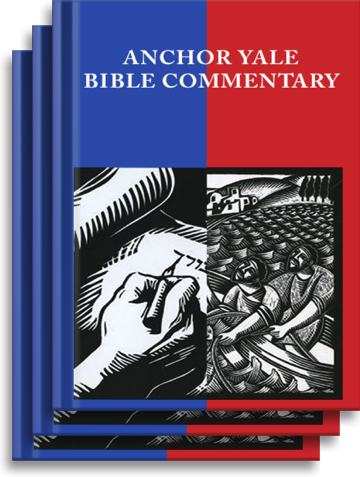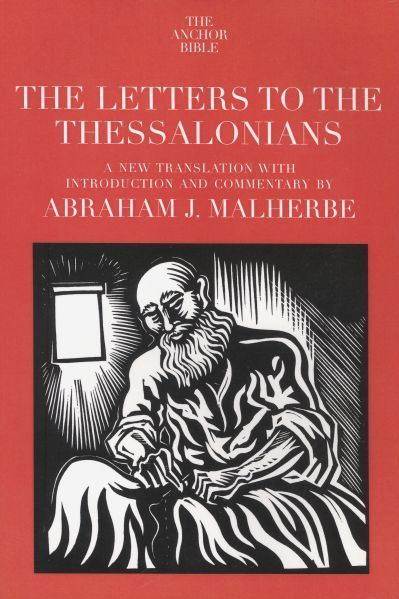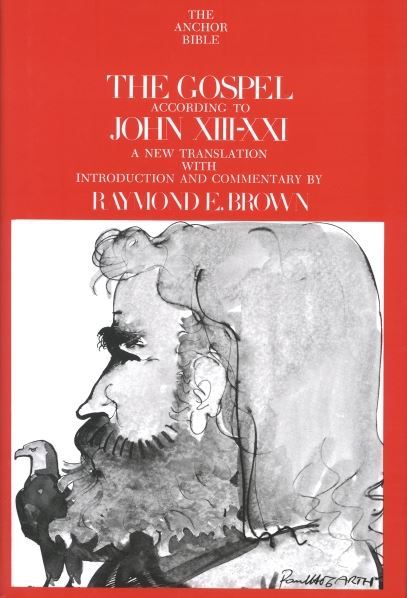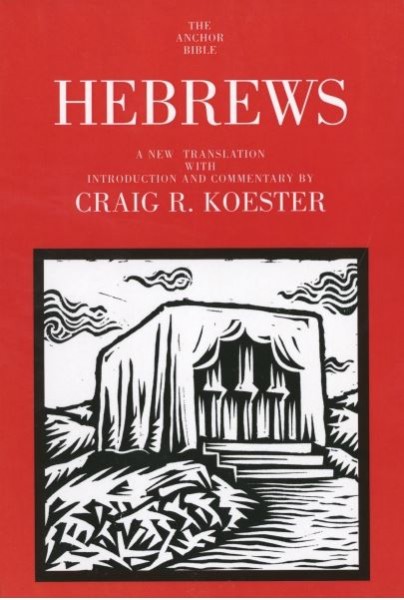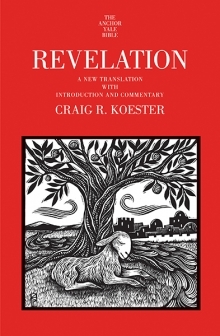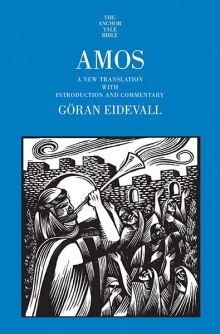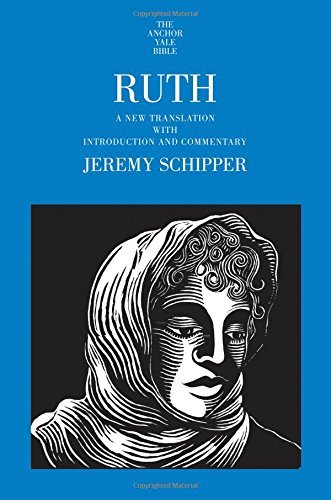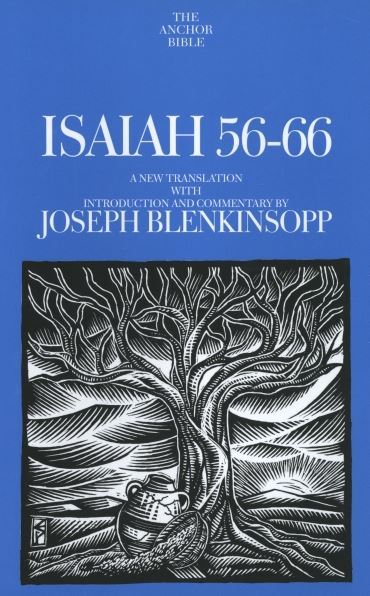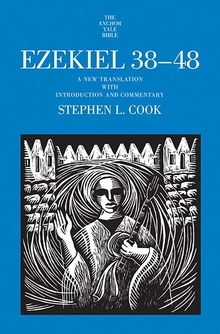


Anchor Yale Bible Commentary: Mark 8-16 (AYB)

Anchor Yale Bible Commentary: Mark 8-16 (AYB)
In the final nine chapters of the Gospel of Mark, Jesus increasingly struggles with his disciples’ incomprehension of his unique concept of suffering messiahship and with the opposition of the religious leaders of his day. The Gospel recounts the events that led to Jesus’ arrest, trial, and crucifixion by the Roman authorities, concluding with an enigmatic ending in which Jesus’ resurrection is announced but not displayed.
In this volume New Testament scholar Joel Marcus offers a new translation of Mark 8–16 as well as extensive commentary and notes. He situates the narrative within the context of first-century Palestine and the larger Greco-Roman world; within the political context of the Jewish revolt against the Romans (66–73 C.E.); and within the religious context of the early church’s sometimes rancorous engagement with Judaism, pagan religion, and its own internal problems. For religious scholars, pastors, and interested lay people alike, the book provides an accessible and enlightening window on the second of the canonical Gospels.
Joel Marcus is professor of New Testament and Christian Origins, Duke Divinity School, and the author of Mark 1–8, available from Yale University Press. He lives in Durham, NC.
THE ANCHOR YALE BIBLE COMMENTARY SERIES is a project of international and interfaith scope in which Protestant, Catholic, and Jewish scholars from many countries contribute individual volumes. The project is not sponsored by any ecclesiastical organization and is not intended to reflect any particular theological doctrine.
The Anchor Yale Bible is committed to producing commentaries in the tradition established half a century ago by the founders of the series, William Foxwell Albright and David Noel Freedman. It aims to present the best contemporary scholarship in a way that is accessible not only to scholars but also to the educated nonspecialist. Its approach is grounded in exact translation of the ancient languages and an appreciation of the historical and cultural context in which the biblical books were written supplemented by insights from modern methods, such as sociological and literary criticism.
